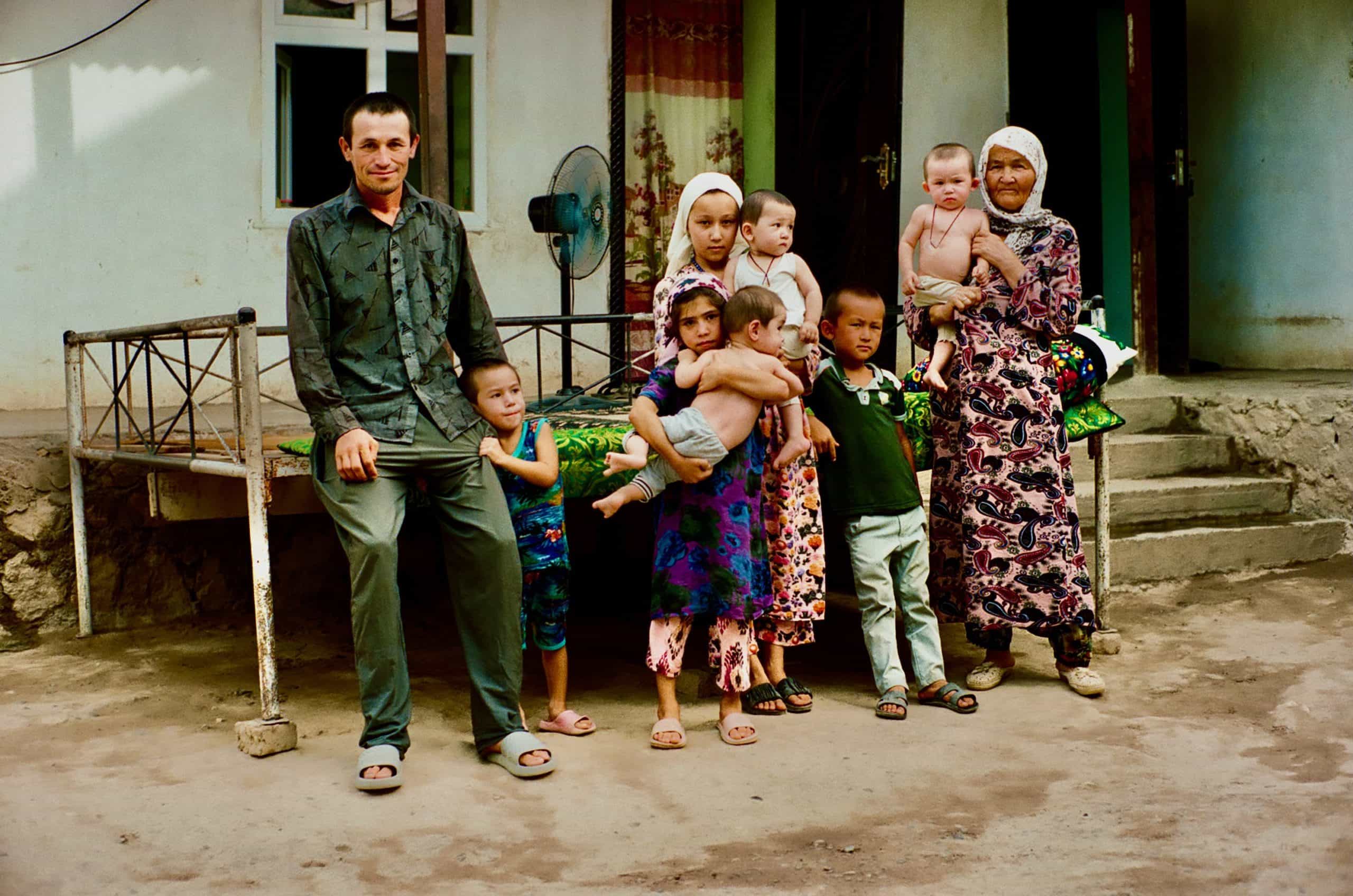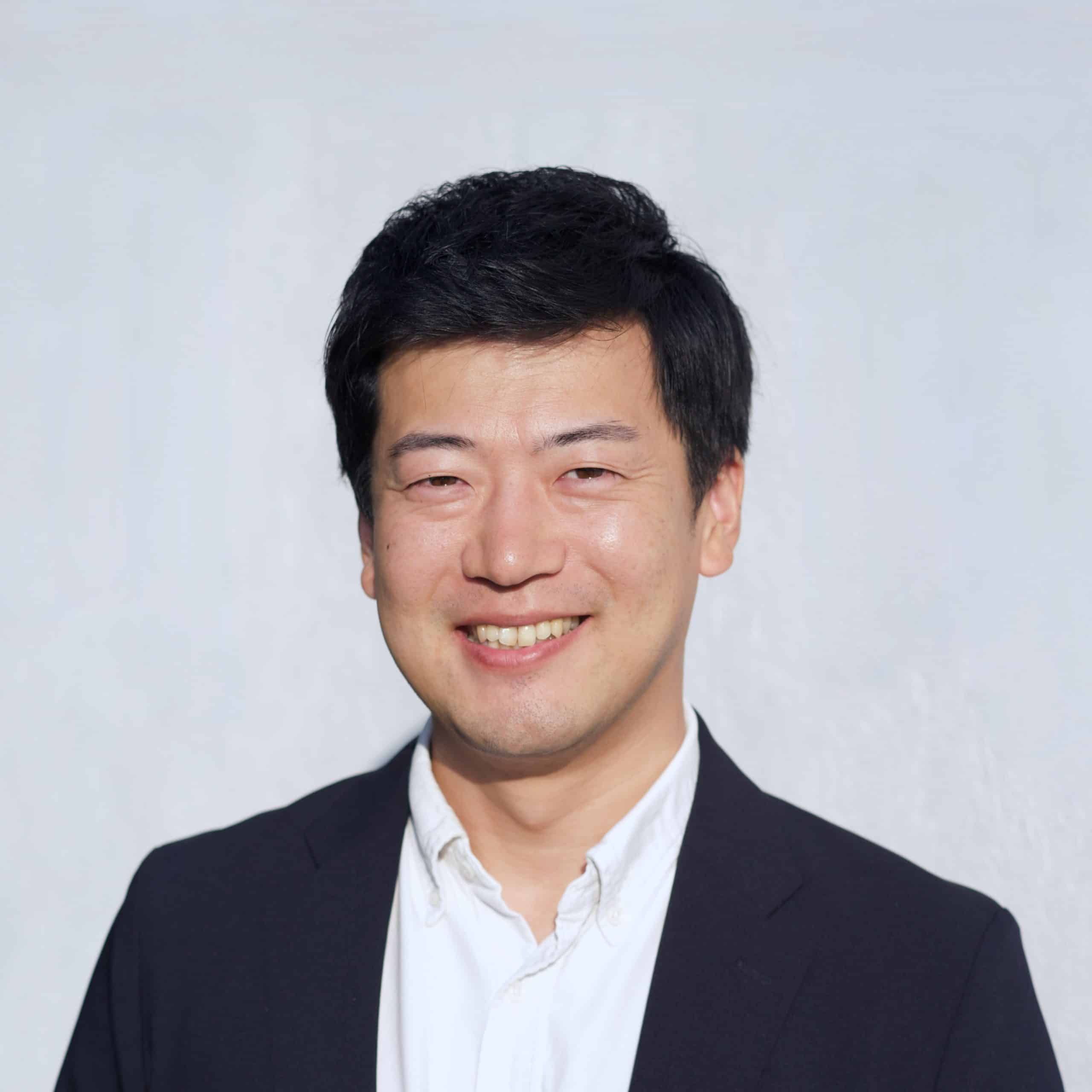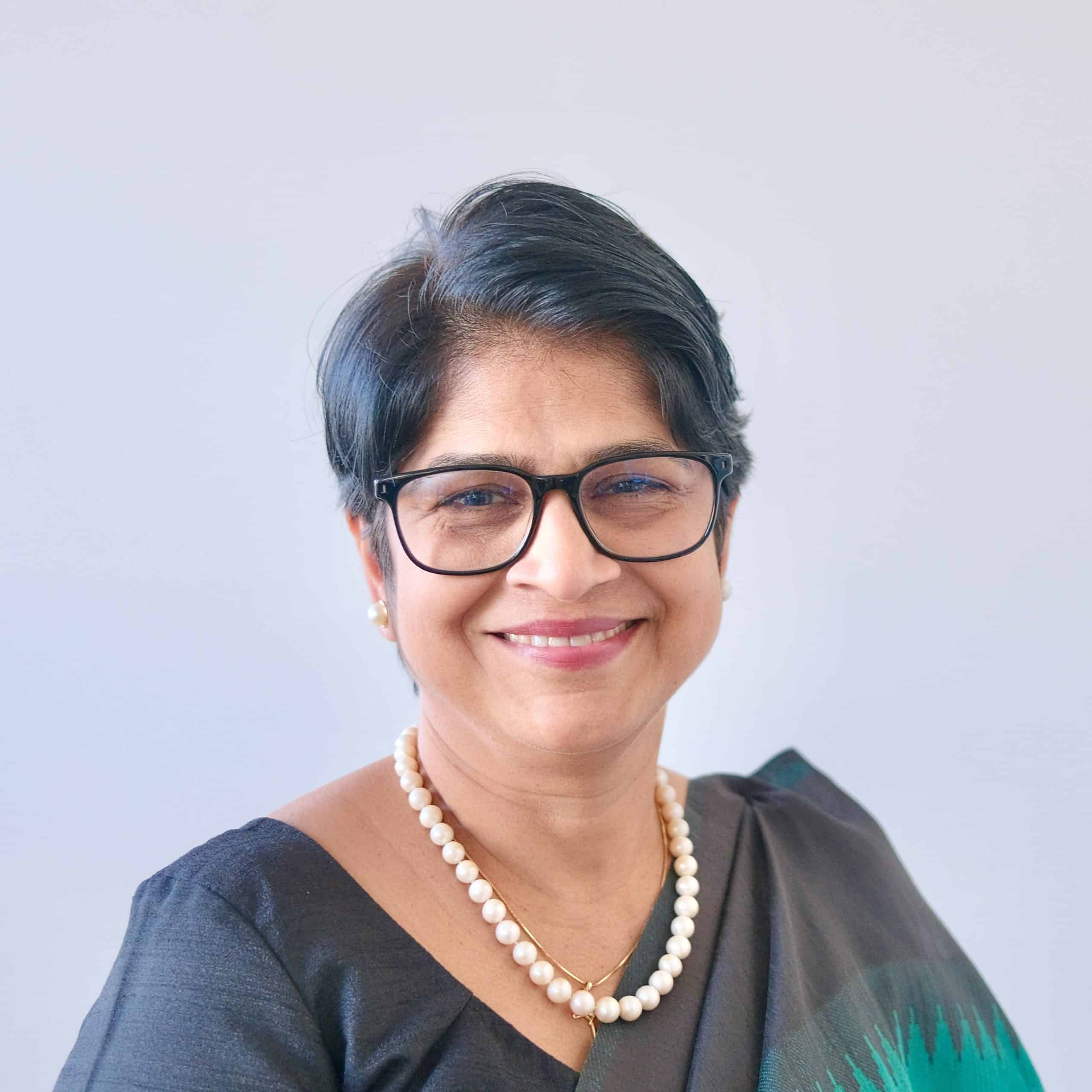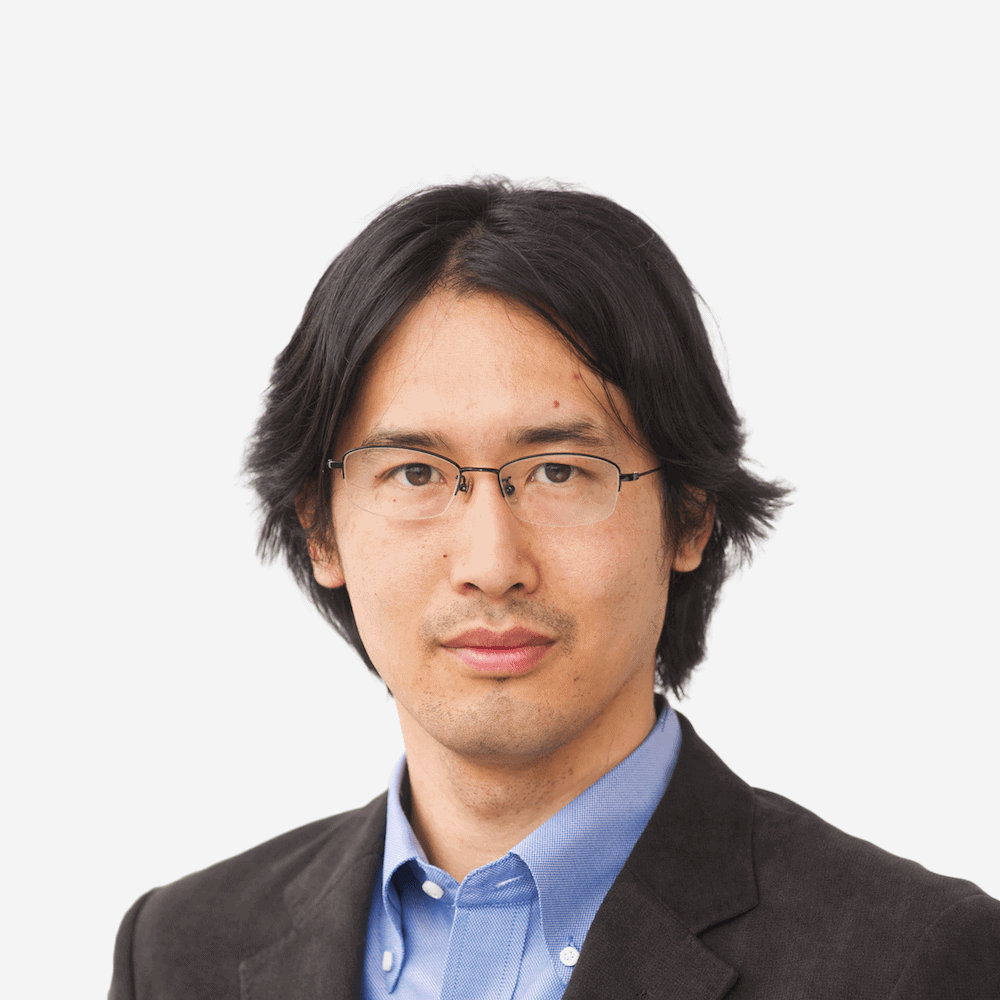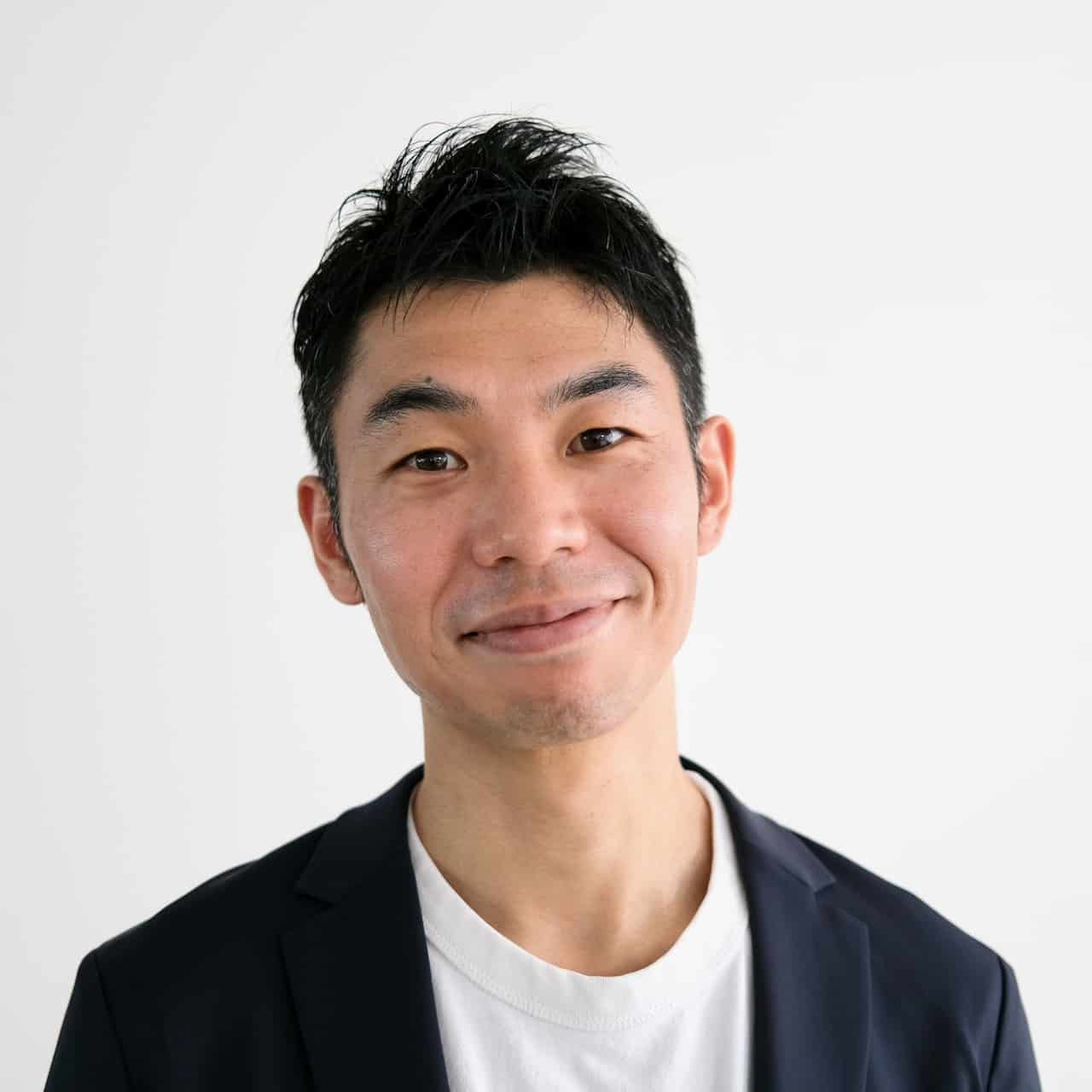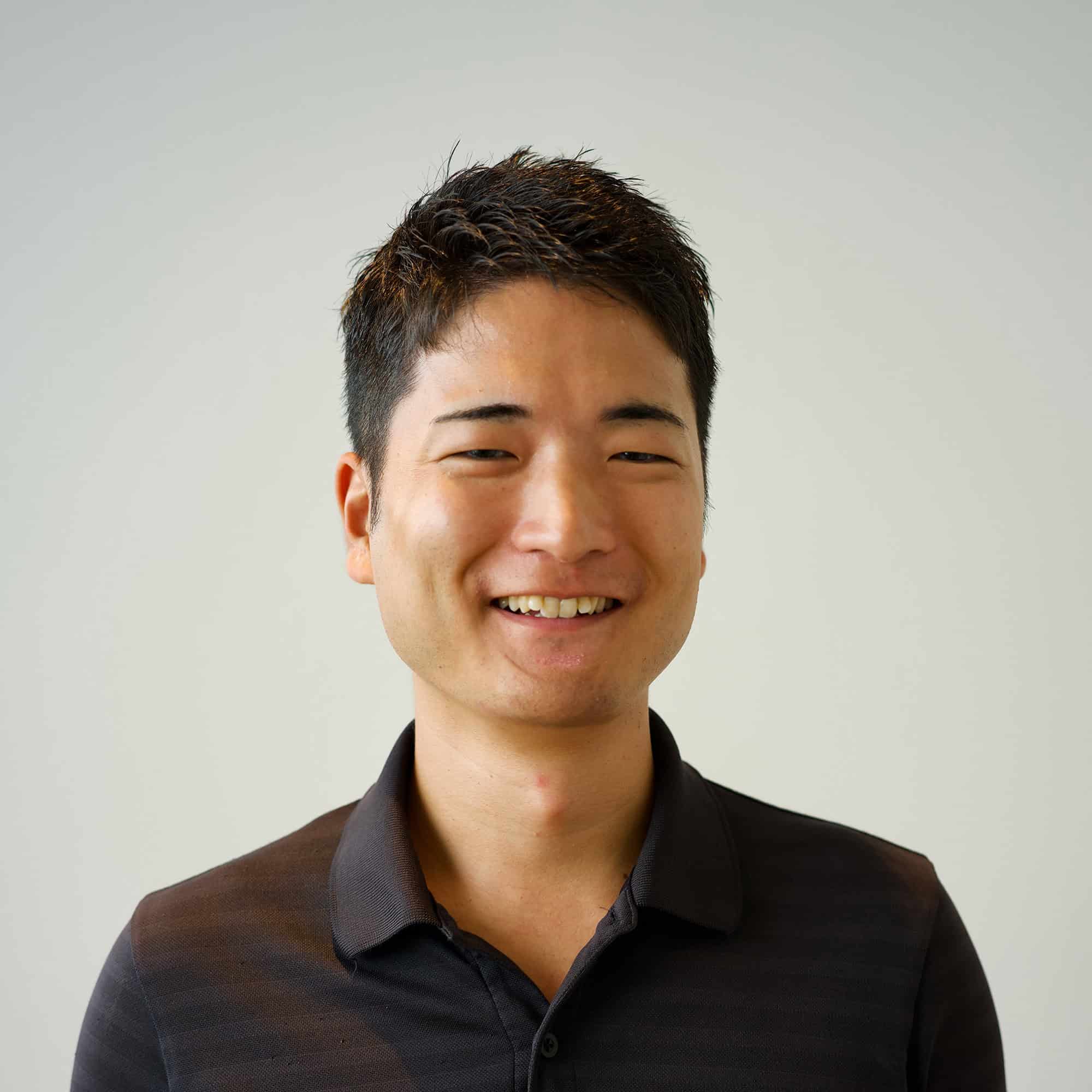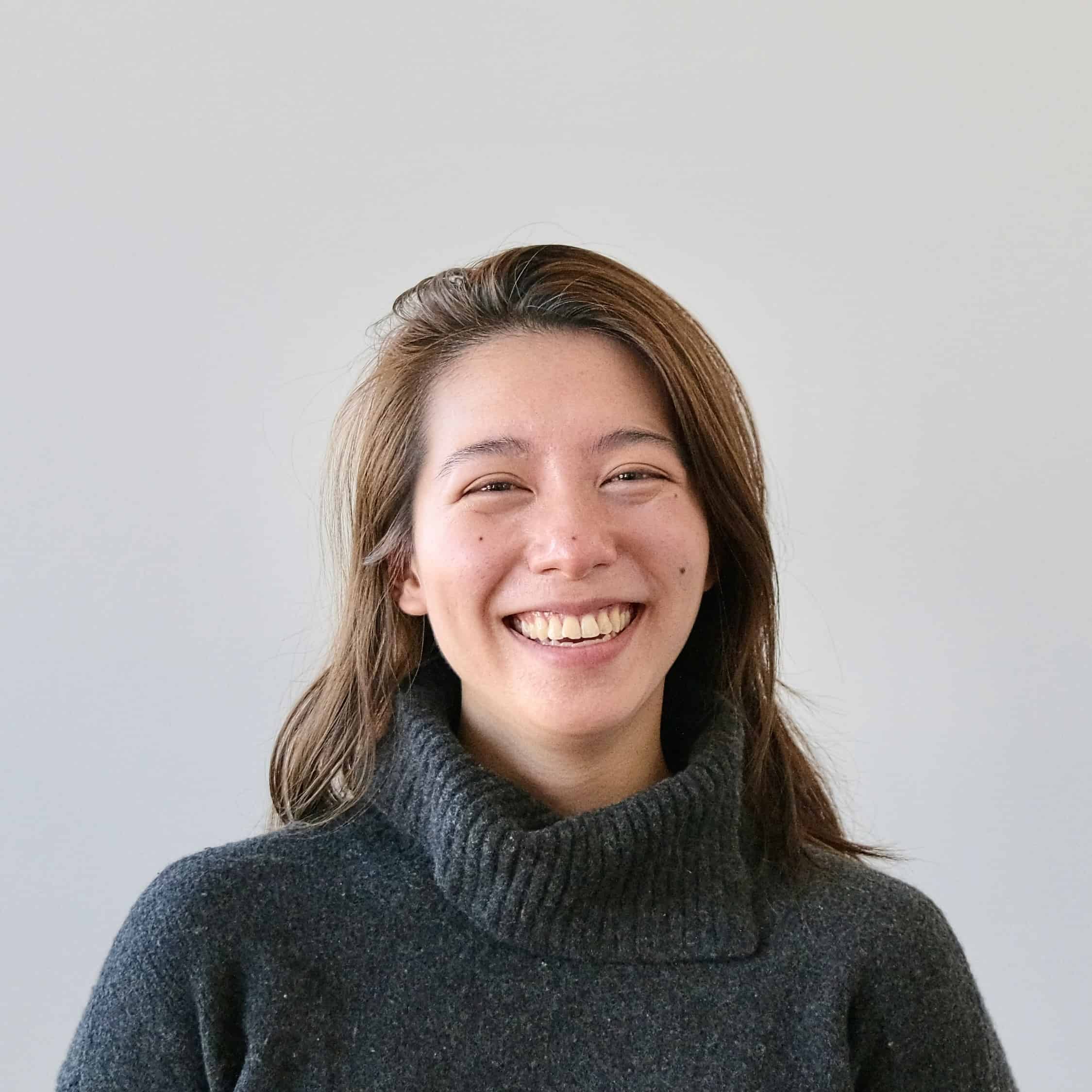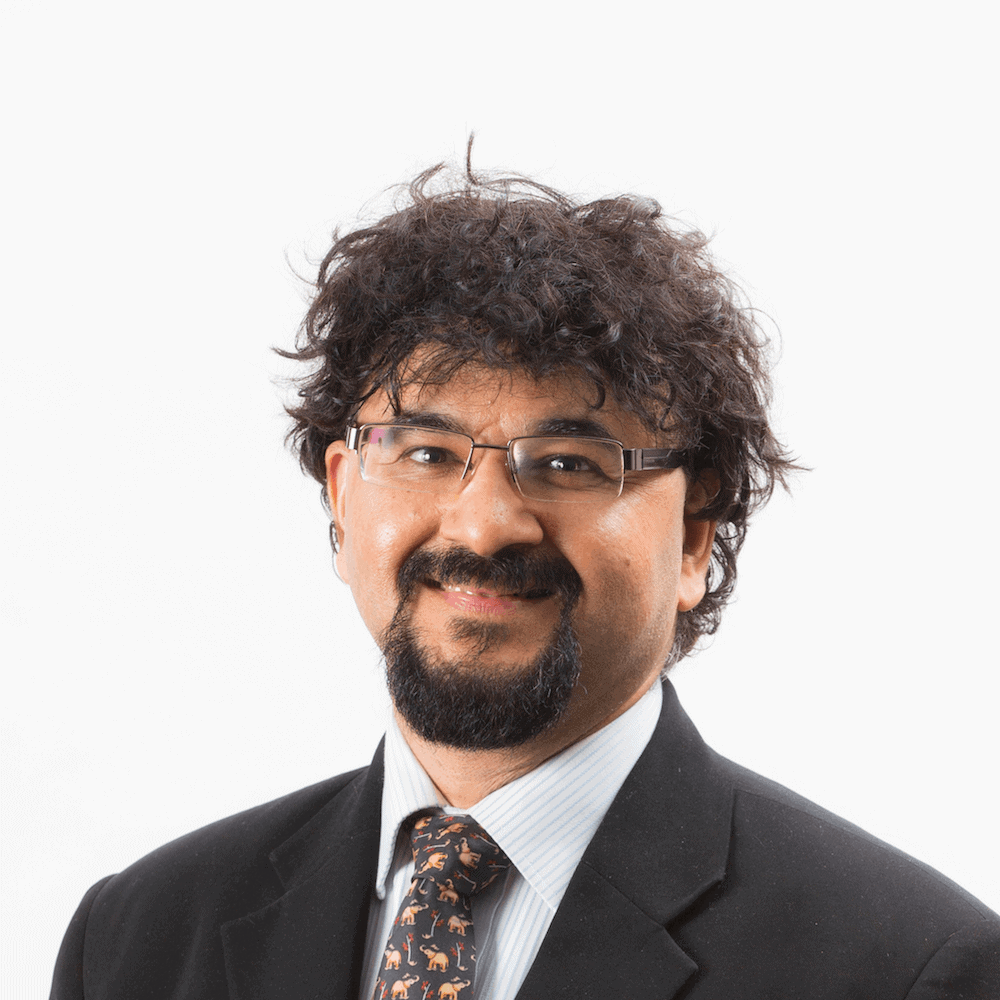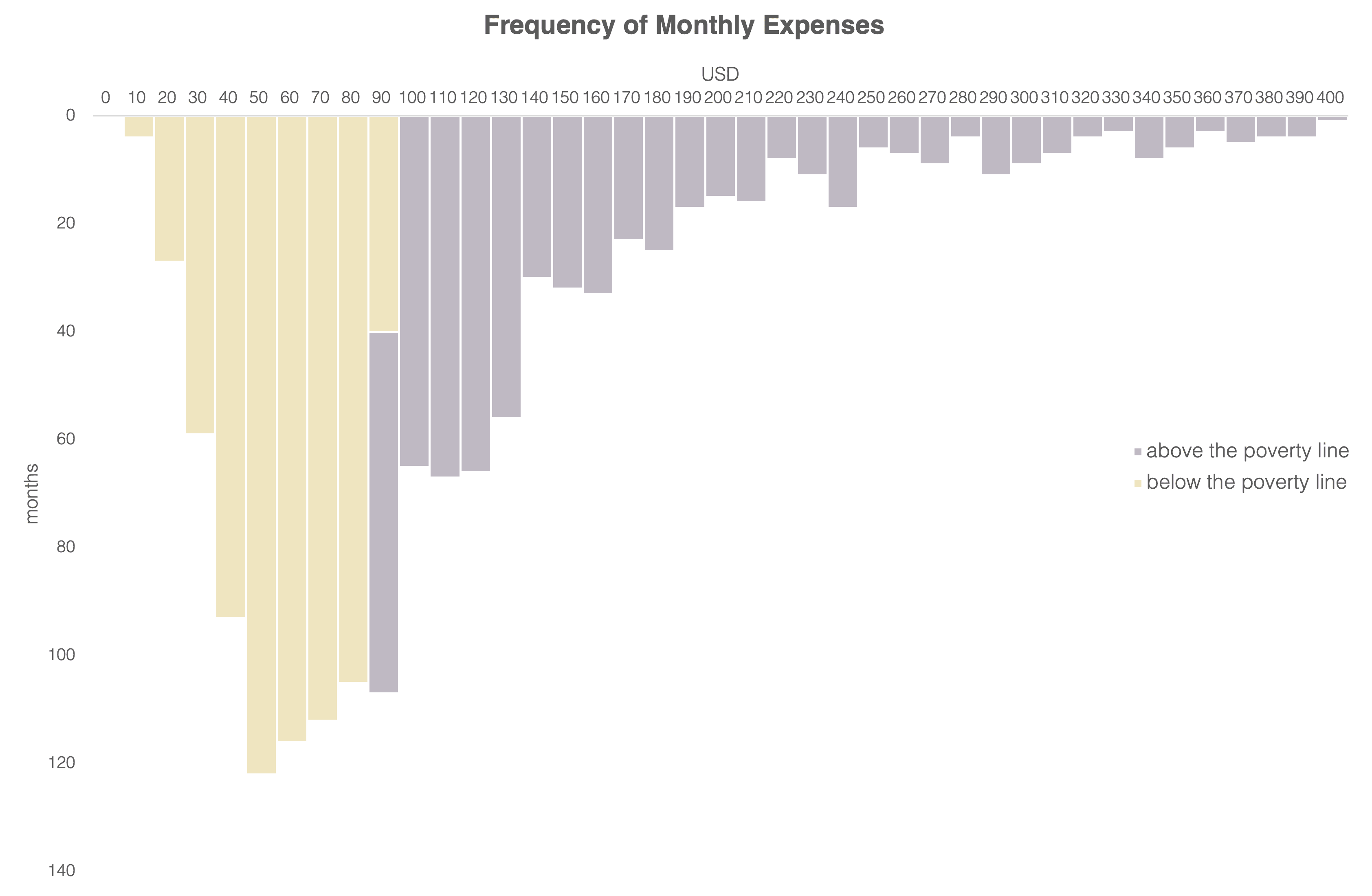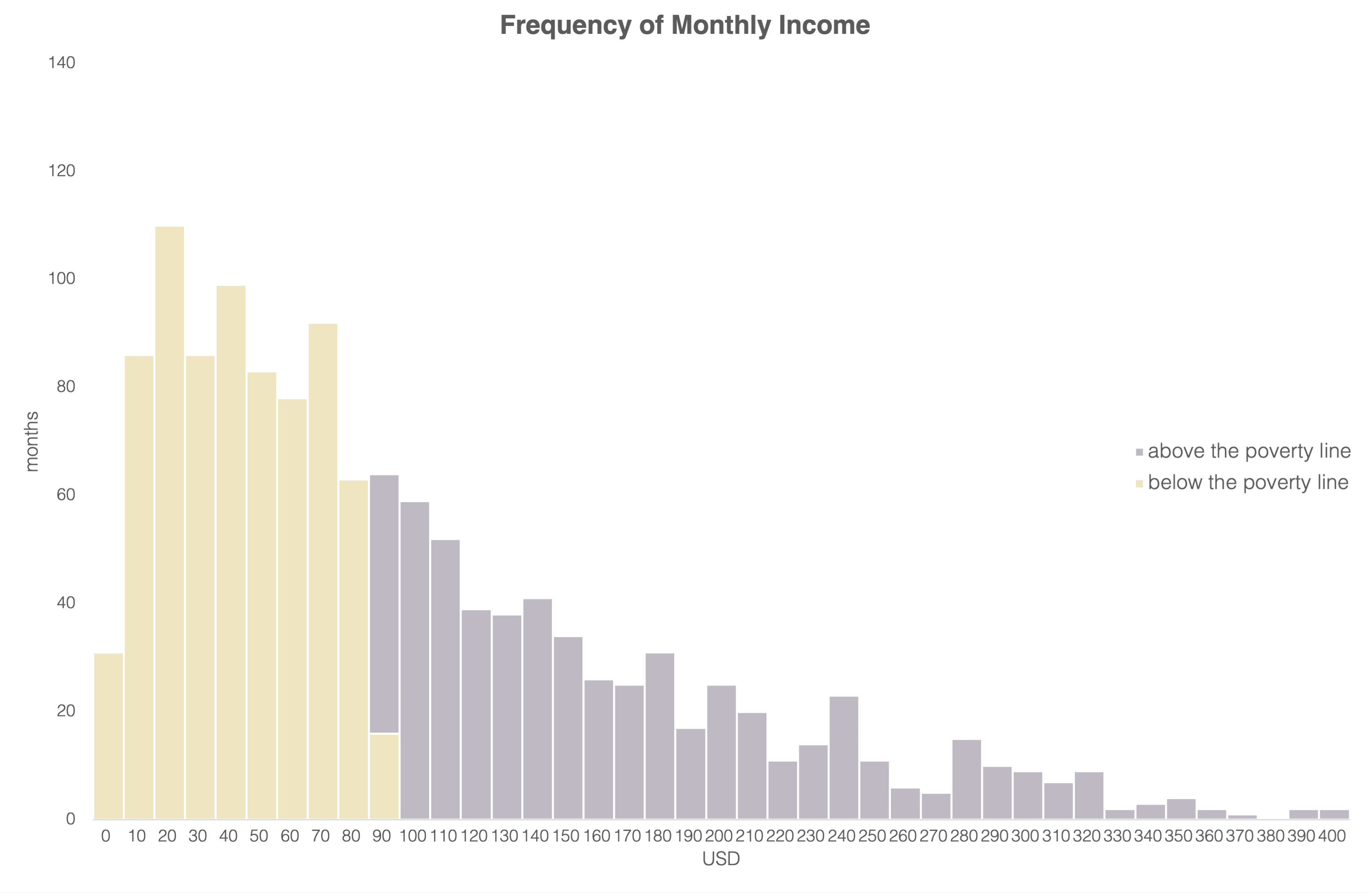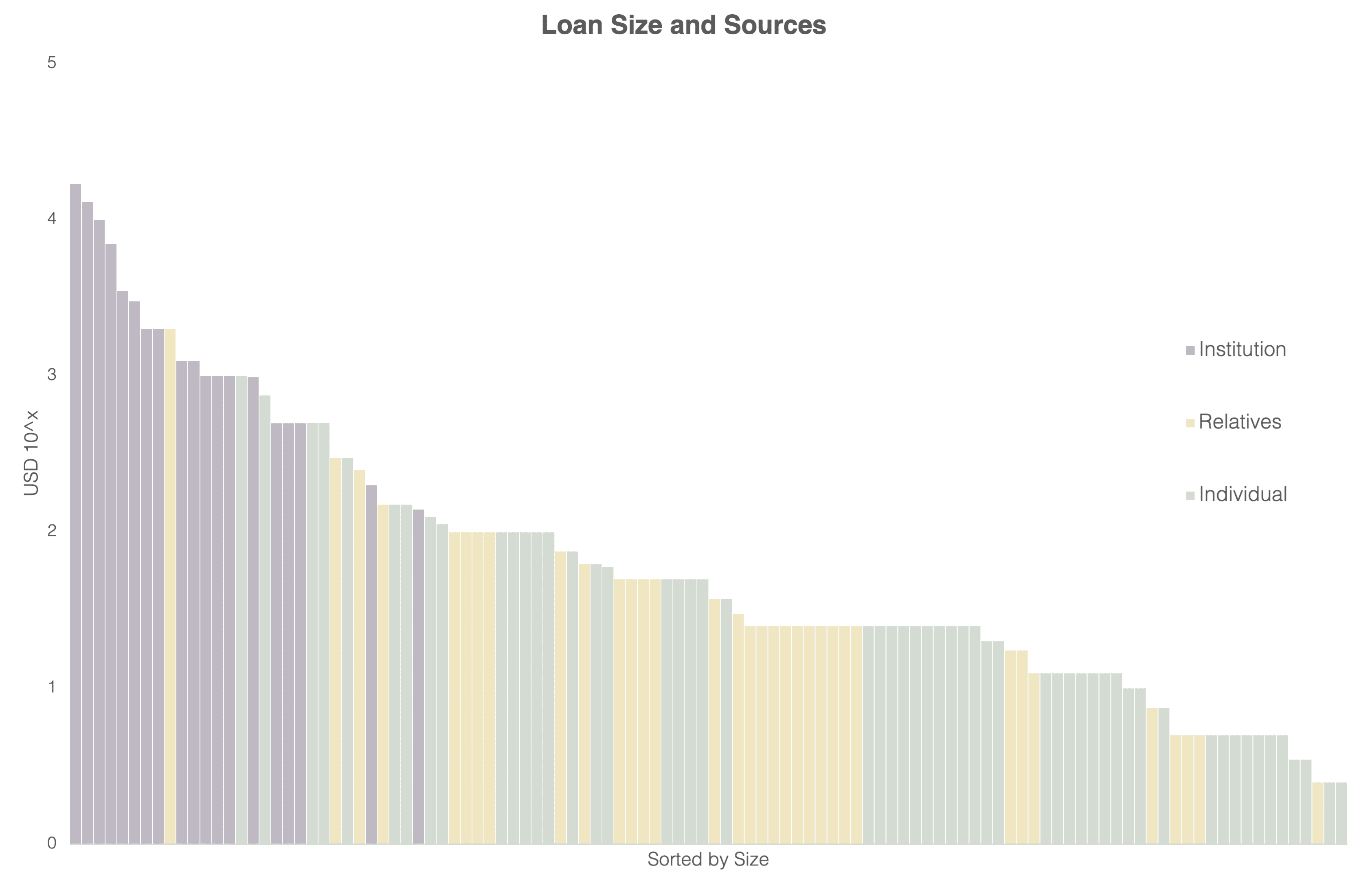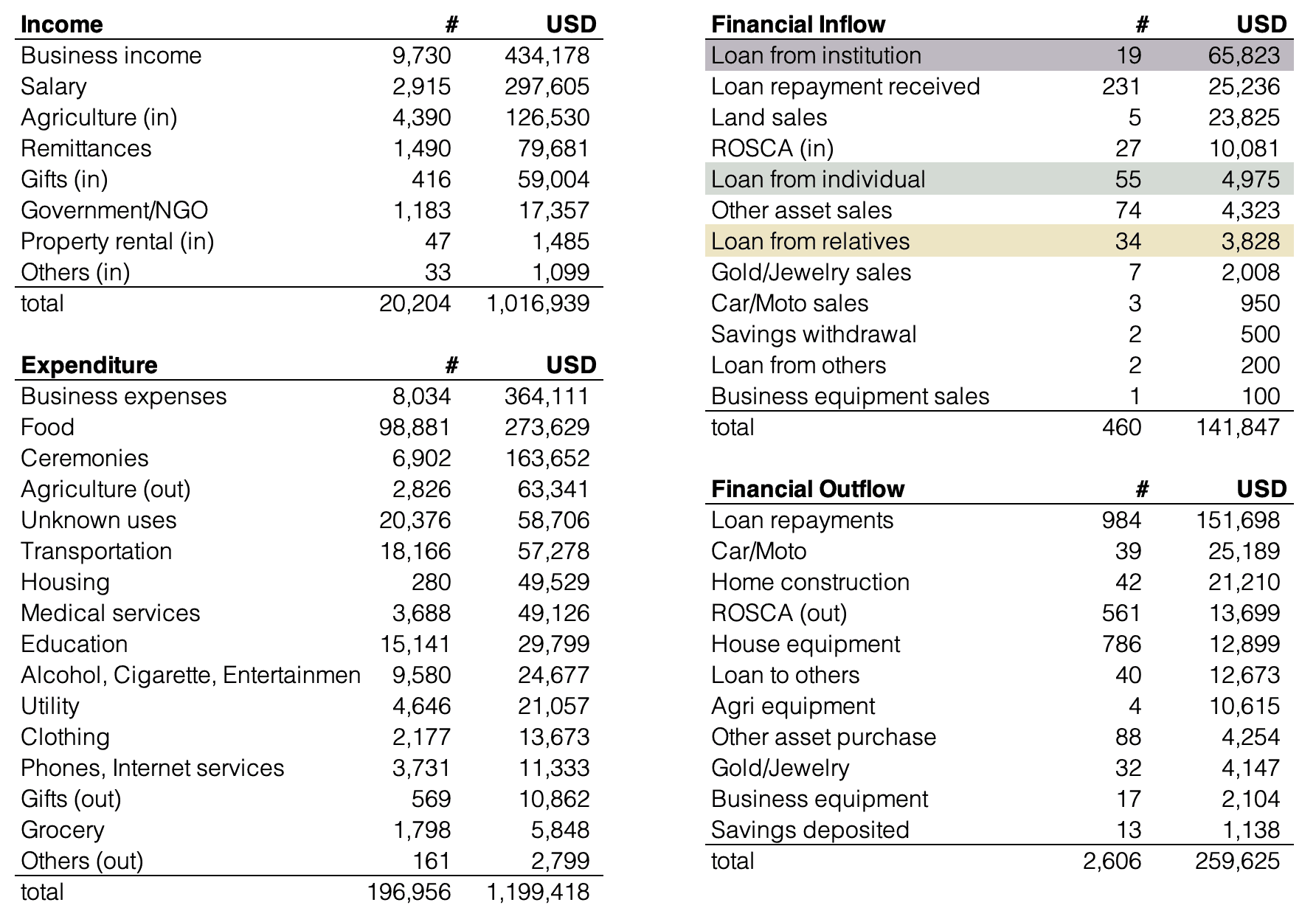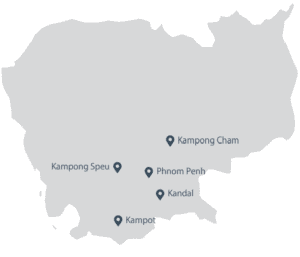At the far right of the photo stands Dilafruz (Name changed, not the real name) , a long-time client of Humo, Gojo’s group company in Tajikistan. Born near Dushanbe, she moved to her current village after marriage, where she has since built her life and family. Today, her household is large and lively, consisting of her husband, three sons, three daughters, and seven grandchildren. It is a home filled with stories of migration, resilience, and the bonds that hold families together across borders.
Two of Dilafruz’s sons currently work in Russia as migrant labourers, while two of her daughters are married and living in other households. The sons working abroad are employed in factories, returning only once a year. August is a special month for the family: it is when all the children return home for one to three months. Both Dilafruz and her grandchildren eagerly look forward to this reunion every year, cherishing the short time they have together under the same roof.
The family’s migration story began early. All of her sons started working abroad when they were just 16 years old, back in 2012. At the time, employment opportunities in the village were scarce, and her husband was also working in Russia. Migrant work became the only option for them to sustain their livelihoods. Since then, the sons have sent remittances home every week, forming the backbone of the family’s income. Although her sons report that finding work in Russia is still relatively easy, they often avoid sharing the difficulties they face, not wanting to cause worry for their families back home.
Still, challenges could not be kept at bay forever. In March 2025, hardship struck the family when one of her sons was forcibly deported from Russia. The deportation was painful and unsettling, yet the family also found a silver lining: his return meant that his father and the children could finally spend time with him after years apart.
Recognising the toll of migrant labour, Dilafruz’s sons have urged their ageing father—her husband—to stop working abroad. The conditions are gruelling, and are especially harsh for someone his age. Moreover, the distance makes family life difficult; during his years away, the only contact he could maintain was through video calls. This reliance on smartphones to bridge the gap between loved ones abroad and families in Tajikistan has become a common thread in the lives of countless households across the country.
The support from Humo has been a critical lifeline. While Dilafruz’s family earns some income from raising cattle and cultivating corn, the primary source of livelihood remains the remittances sent by her sons from abroad. The family’s loan has been used for multiple purposes, including financing travel expenses to Russia and purchasing livestock. These investments, though modest, have helped the household navigate the uncertainties of migrant labour and sustain a stable foundation at home.
As another August approaches, Dilafruz is looking forward to gathering her children and grandchildren once more. For her, the month is not just a peak in remittances but a season of joy, reunion, and togetherness. No matter the challenges faced abroad, the return of family members brings warmth and comfort that money alone cannot buy.


